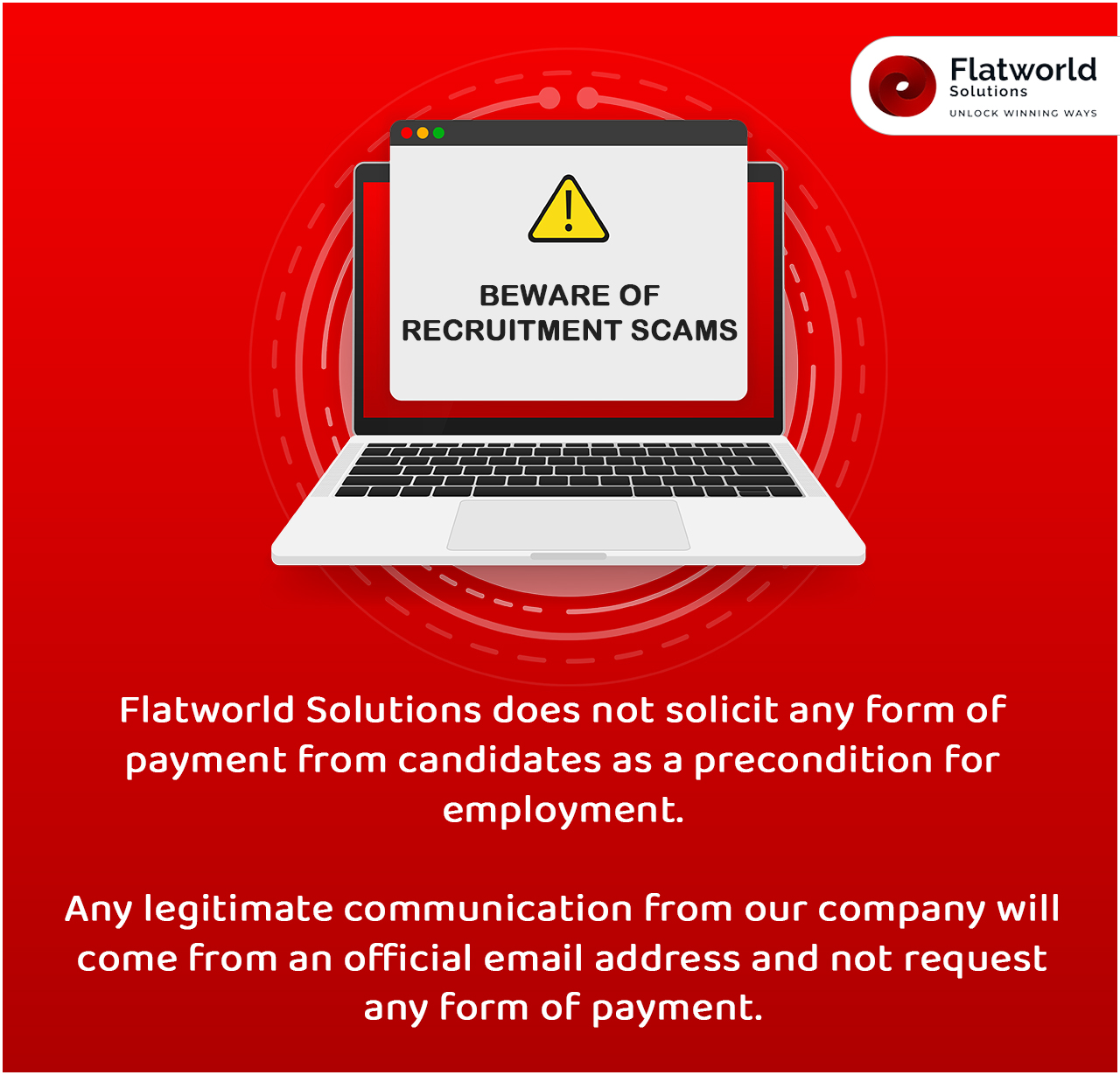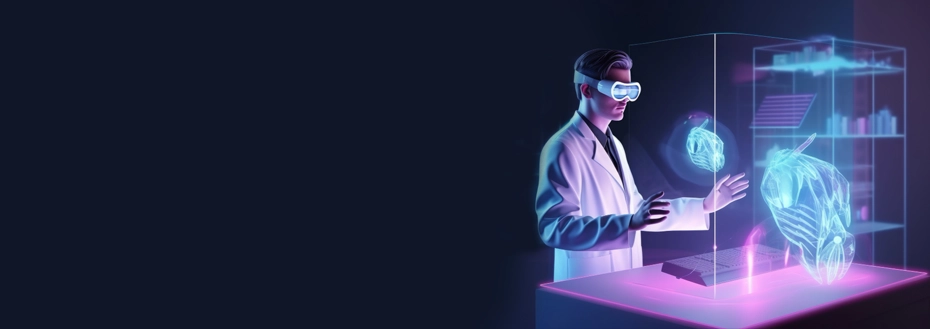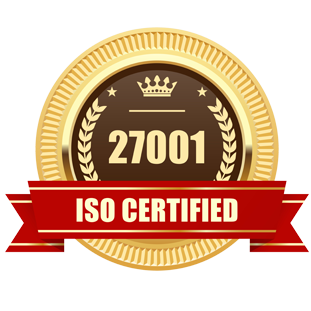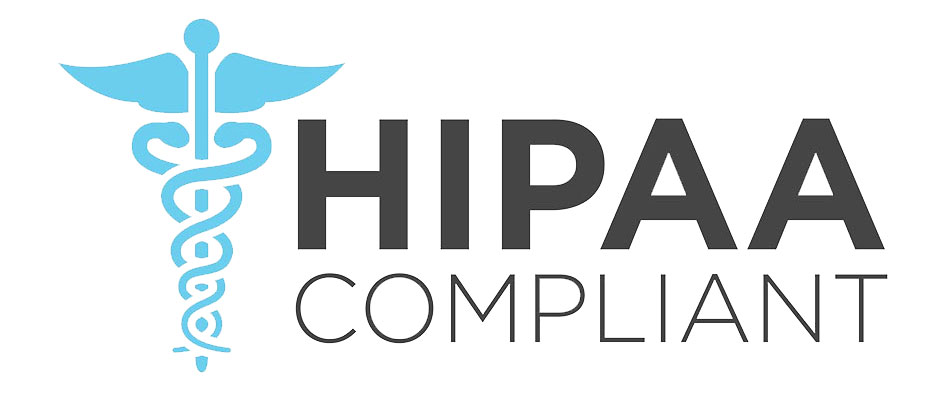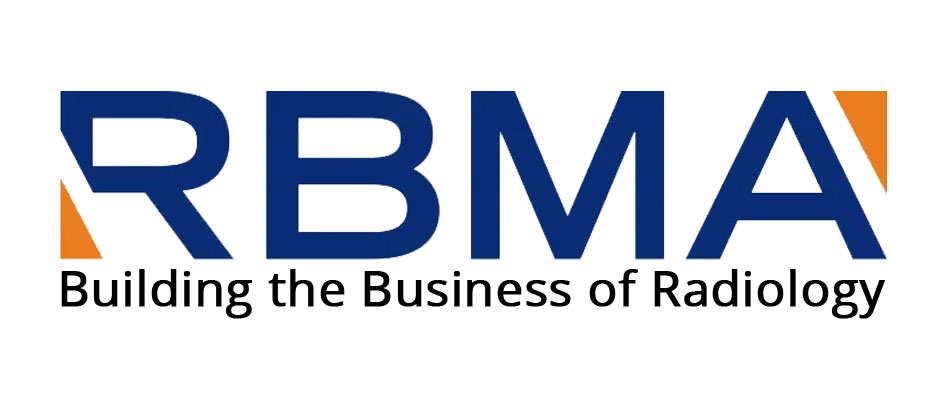Advanced technologies are transforming the healthcare sector by improving current practices and developing more effective treatment options. Augmented reality (AR) and virtual reality (VR) are transforming prospects in the healthcare field, turning heads globally. This intriguing twist might raise the question - how are these technologies making such a seismic impact on healthcare? Journey with us as we demystify this path and reveal how AR and VR are increasingly becoming pivotal within the realm of healthcare.
The Incredible Implications of AR and VR in Healthcare
When it comes to revolutionizing existing systems, AR and VR are monumental forces, transforming age-old practices, and scripting new methodologies in the healthcare sector. Embracing the power of virtual reality in medicine, modern-day healthcare professionals simulate complex surgical procedures in a risk-free environment. Augmented reality applications enrich these procedures by providing real-time intel, thus making a substantial impact on enhancing patient safety and treatment efficiency.
Imagine a world where doctors perform surgeries without making a single incision or medical students explore human anatomy without stepping into a lab. Sounds bewilderingly futuristic, doesn't it? That's the power of AR and VR in healthcare! By introducing these technologies, the medical sector is riding a giant wave of transformation, turning once unimaginable scenarios into everyday realities.
Envisioning the Future of AR and VR in Healthcare
With continuous advancements and investments in AR and VR, the future of healthcare looks promising. The demand for virtual reality applications in healthcare is soaring, signifying its substantial role in the future of the industry.
Healthcare professionals anticipate that AR and VR will play a pivotal role in areas like robotic surgery, clinical training, telemedicine, and mental health therapies. The future of augmented reality is particularly bright, with its potential extending beyond real-time guidance in surgeries to imagistic reconstructions for comprehensive diagnosis and treatment planning. It is not absurd to foresee a future where healthcare professionals use AR to visualize the internal workings of a human body in 3D or use VR to visit patients in their homes for teleconsultations .
AR and VR - The Next Big Things in Healthcare Utilization
When we talk about the deployment of AR and VR in healthcare, it encompasses a spectrum of applications that is consistently broadening. From preoperative surgery simulations using VR technology to the usage of AR for real-time patient monitoring, these emerging technologies are making noticeable transformations in the way healthcare is delivered and perceived.
AR and VR have remarkably overhauled medical training and education by creating realistic models and immersive environments that help in understanding intricate anatomical structures and complex procedures. These technologies also significantly aid in diagnosis and treatment by facilitating 3D visualization of the patient's internal body structures.
Moreover, VR is making notable strides in the pain management and rehabilitation sector. Using VR systems, physicians can create therapeutic virtual environments that help in managing both acute and chronic pain, and even assist in the healing process of stroke and trauma victims. The burgeoning field of mental health is also harnessing VR for healthcare in offering effective therapeutic interventions for conditions like phobias, anxiety disorders, and post-traumatic stress disorder.
Hence, when we examine the question of how AR and VR are used in the healthcare industry today, we indeed behold an incredibly transformed landscape. Aided by these groundbreaking technological strides, we can now anticipate a future where personalized care is no longer an aspiration but an attainable reality.
Why is Insurance Eligibility Verification Important?
One of the main reasons behind the importance of insurance eligibility verification is that without verification, healthcare services will most probably derail. It is directly linked to claim denials, payment delays, and accounts receivable activities, all of which can suffer equally if eligibility verification is not performed properly.
Therefore, it is imperative that the verification is carried out step-by-step as laid down below, and will shed further light on why this process is extremely crucial to the overall healthcare insurance sector -
The Strategic Integration of VR in Healthcare Systems
VR is not just making its presence felt, but rather it's paving a new road for the healthcare landscape, enhancing existing practices and defining new ones.
-
Transforming Learning Dynamics - The VR in Medical Training
VR offers an immersive learning experience. Its application in medical training and simulations has revolutionized the way professionals understand, visualize, and apply concepts of human anatomy.
-
Aiding the Hands that Heal - VR for Surgeons
Complicated surgical procedures can now be simulated prior to surgery. VR technology provides surgeons with realistic rehearsals, pre-empting potential challenges, and enhancing successful outcomes.
-
Building a Holistic Learning Environment - VR in Medical Education
Virtual Reality brings the world of human body structures into the classroom. With VR headsets, students can explore and learn from three-dimensional representations in an engaging and interactive mode.
-
Powering Up Physical Recovery - VR in Rehabilitative Therapies
Whether it’s helping a stroke patient walk again or training someone to regain balance, VR platforms make the process interactive and adaptive, leading to more effective and efficient healing.
-
Guiding the Guiding Hands: AR for Surgical Assistance
AR solutions provide surgeons with invaluable real-time insights, enriching their visual perception and enabling precise movements during complex surgical procedures.
-
Alleviating Pain: VR in Pain Management
VR experiences that are immersive and interactive can lead to a significant reduction in acute pain. They act as a non-pharmacological intervention that distracts patients from pain stimuli, thus easing the discomfort.
The Compelling Advantages of XR Technology in the Healthcare Realm
The synergy between VR and AR has given birth to Extended Reality (XR) - a kind of super-technology that's set to disrupt the healthcare industry. Among the myriad advantages XR brings, the benefits of virtual reality in healthcare are particularly noteworthy, fundamentally transforming patient care, training, and surgical procedures.
-
Creating Skilled Practitioners through XR
XR technology is redefining medical training and education, enabling students and professionals to engage with complex medical scenarios and procedures in a fully immersive, interactive environment. This not only eliminates the risks associated with real-life training but also significantly elevates the quality of medical education, ensuring that future healthcare practitioners are well-prepared and proficient.
-
Enhancing Surgical Precision with XR
XR technology stands out by bolstering the surgeons' sight and precision with augmented visual data and real-time anatomical feedback. This enhanced perception aids in the meticulous execution of surgeries, directly contributing to increased surgical accuracy and reduced operative risks, thereby safeguarding patient health and recovery.
-
Advancing Venipuncture with XR
The combination of AR technology and infrared sensors revolutionizes the traditional approach to venipuncture, rendering vein detection more accurate and less intrusive. This innovative application significantly mitigates patient discomfort and anxiety associated with needle injections, exemplifying how XR technologies prioritize patient comfort and experience.
-
Improving Patient-Doctor Interactions with XR
Augmented Reality in healthcare is ingeniously used to create a transparent dialogue between physicians and patients. The ability to visualize complex health information in a 3D format empowers patients with a deeper understanding of their conditions and the proposed treatment plans, fostering a collaborative and informed medical decision-making process.
-
Advance Diagnostics through AR-driven Body Scanning
The diagnostic facet of healthcare has been profoundly impacted by AR technology, particularly through the introduction of 3D body scanning. This groundbreaking approach enables a comprehensive analysis of the human body, allowing healthcare professionals to diagnose with unprecedented accuracy and devise treatment protocols that are meticulously tailored to the individual needs of each patient.
The Bottom Line
Imbuing healthcare practices with virtual reality and augmented reality signifies a dramatic evolution in the medical realm. As healthcare professionals strive to harness the potential of these technologies, their applications will evolve and upscale in numerous unprecedented ways. The incorporation of virtual reality in the healthcare industry is not just a testament to technological advancement but a shift towards more efficient, effective, and holistic patient care.
From simplifying complex procedures to enhancing understanding of the human body, AR and VR are ushering in an era of advancements, thus redefining the future of healthcare as one characterized by transformation, efficiency, and comprehensive patient care. Approximately a decade back, these technologies would have appeared alien, yet today, they stand as the stalwarts of the healthcare sector. The remarkable strides made thus far are only an indication of the transformative medical decade that lies ahead of us. AR and VR are undoubtedly transforming the future of medicine and healthcare, promising us a future where boundaries are pushed, and limits are defined by our imaginations.
Contact UsOur Customers





Key Differentiators
AHIMA Healthcare Convention 2016

USA
Flatworld Solutions
116 Village Blvd, Suite 200, Princeton, NJ 08540
PHILIPPINES
Aeon Towers, J.P. Laurel Avenue, Bajada, Davao 8000
KSS Building, Buhangin Road Cor Olive Street, Davao City 8000
INDIA
Survey No.11, 3rd Floor, Indraprastha, Gubbi Cross, 81,
Hennur Bagalur Main Rd, Kuvempu Layout, Kothanur, Bengaluru, Karnataka 560077

